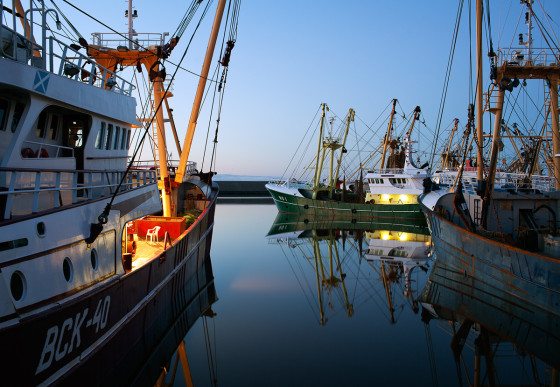
New research shows, despite a two decades old agreement, that the ecosystem approach has not yet been applied in practice in the Baltic Sea. Environmental problems are still essentially handled in isolation, despite how these affect each other and the risk that climate change could make it more difficult to reverse negative trends has not been considered.
Earlier this month over 80 researchers published their findings on Baltic Sea ecosystem-based management under climate change in a comprehensive special issue in the environmental scientific journal AMBIO. Some of the main results show that oxygen deficiency has worsened and that algae blooms started to come earlier and earlier in the summer.
Nonetheless, progress has been made, where among others, researchers have found that many long-lived toxins have decreased in fish and that the load of eutrophic substances have decreased, in particular phosphorous. Still, the lack of oxygen has worsened and cyanobacterial blooms are occurring earlier and earlier each summer.
The aim of the studies was to consider how the various environmental problems of the Baltic Sea affect each other. The results show that Baltic Sea environmental problems are not seen as a whole, but are managed separately. The researchers call for adaptive management of the Baltic Sea.